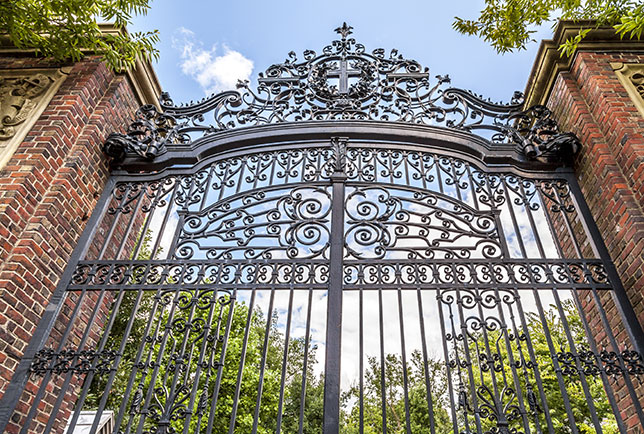Opening Doors to Accessibility
It shouldn't take a lawsuit for universities to pay attention to accessibility for all students.

Shutterstock.com
Recently, a Campus Technology reader challenged us to consider the accessibility issues involved in each topic we cover. And while there's no way to cover every angle of every story, the point is well taken: Accessibility should not be an afterthought, and it needs to be part of the higher education technology conversation.
Too often, it takes drastic measures to get accessibility into the spotlight. Just last month, the National Association of the Deaf (NAD) and four deaf and hard of hearing individuals filed class action lawsuits against Harvard and MIT, charging that "the schools discriminate by failing to caption the vast array of online content they make available to the general public, including massive open online courses." While MOOCs purport to bring higher education to the masses, the lack of captions for some video content essentially closes the door to people with disabilities.
The lawsuits are not seeking monetary damages; instead, their objective is to change the universities' conduct. As NAD CEO Howard Rosenblum explained in a YouTube video, "Both universities have many of these videos, so we are suing them first and expect to ensure full online video access at all other universities and colleges across the country. This lawsuit is part of our battle for full access to online media content. We want equal access for all."
Of course, ubiquitous captioning is easier said than done. Quality transcription is simply not scalable: Computer-generated captions often are unintelligible, while manual captioning processes can be time-consuming and cost-prohibitive. With the sheer quantity of video content being generated by MOOCs, it's no wonder that some captions fall through the cracks. Stymied by the technological challenge, many universities seem to be waiting for federal guidelines to force them into action.
In our March issue we have put together a special section focused on accessibility, with advice and best practices ranging from procurement policies to course design. Worthy of particular kudos, I think, is Temple University's work to build comprehensive IT accessibility across the whole institution. After a self-assessment identified accessibility gaps in Temple's learning spaces, labs, instructional materials and Web sites, the institution embarked on a methodical process of forming work groups, creating standards, training staff and monitoring compliance. And the effort has paid off: The entire university is working together to make sure learning is accessible to all.
One of Temple's key lessons learned: Accessibility is an ongoing process. "This is not going to happen overnight or even in a year," CIO Tim O'Rourke told CT, "but we needed to put a plan together and attack things as we can, and we have done that."
About the Author
Rhea Kelly is editor in chief for Campus Technology, THE Journal, and Spaces4Learning. She can be reached at [email protected].